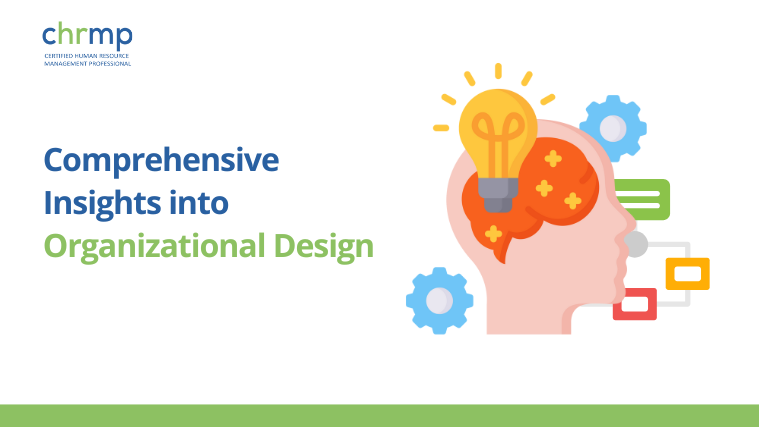
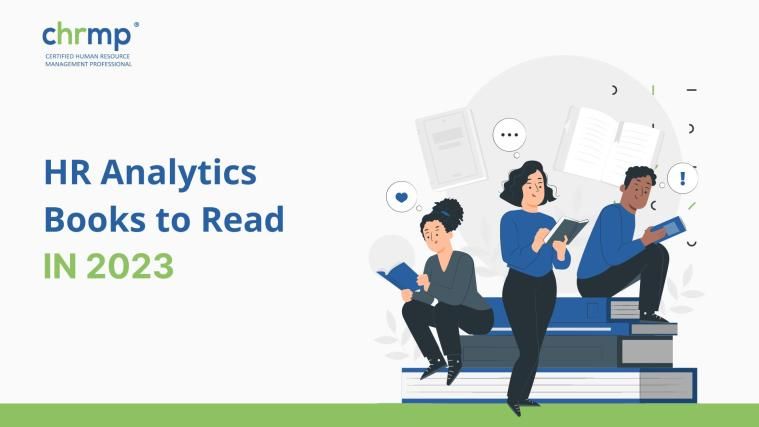
Whether you’re a seasoned HR pro or just getting started, diving into some great HR analytics books is a fantastic way to gain new insights and strategies.
This post will look at some of the best HR analytics books to read in 2023.
From data-driven decision-making to employee engagement, these HR analytics books will help you stay ahead of the curve and make a real impact in your organization.
Are you ready to level up your HR game in 2023? So, grab a notebook and a pen (or your favorite e-reader), and let’s get started!
HR Analytics is a tool used by HR professionals that uses data, statistical and quantitative analysis, and other fact-based management tools to measure the effectiveness and impact of HR programs, policies and practices. It is a data-driven approach to managing human resources, using data and metrics to make informed decisions about talent management, recruitment, and development.
HR analytics aims to improve the organisation’s performance and productivity by providing insights into the workforce and HR processes. This can include analyzing data on employee turnover, engagement, and performance to identify areas for improvement, as well as tracking key HR metrics such as headcount, cost per hire, and time-to-fill.
To enable HR professionals to make data-driven decisions and measure how effective their policies, practices and programs are, it is a must for them to learn HR analytics in these times.
The key metrics of employee turnover, engagement, performance and work satisfaction is hugely data-driven, so to gain insight into HR processes and identify areas of improvement, a working knowledge HR Analytics is necessary.
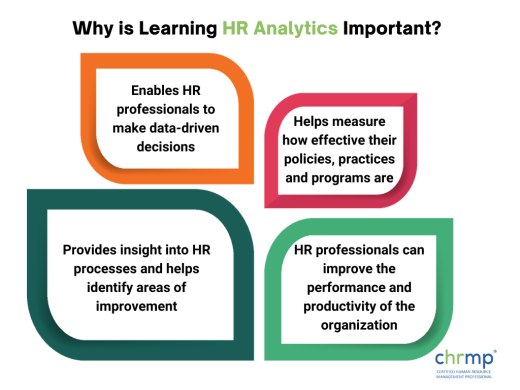
By understanding and using HR analytics in daily HR practices, HR professionals can improve the performance and productivity of the organization, making it a more attractive place to work for current and potential employees.
In order to manage HR resource strategically and proactively in their organization, the HR professionals have to be more HR Analytics savvy.
There are a number of great HR Analytics books available.
So if you’re looking for an in-depth guide to HR Analytics, these five HR Analytics books are great to start with:
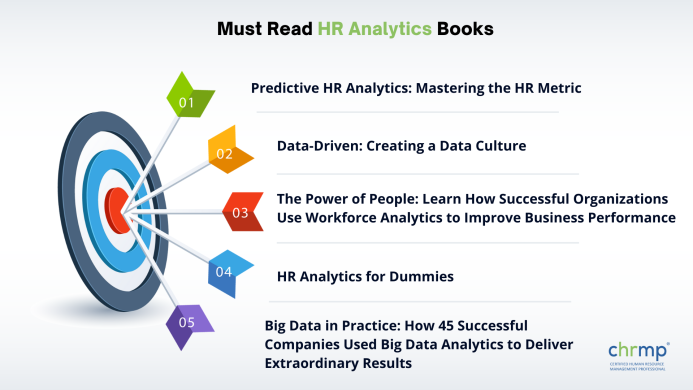
The key metrics used to measure HR performance, and factors influencing related data, HR processes and their outcome is covered in detail in this book. It is one of the best HR analytics books. It covers the latest research and best practices in the field and offers practical guidance for implementing HR Analytics in their organization HR professionals.
This book will be a great addition to your list of HR analytics books as it explores how data-driven decision making can be used to improve HR processes and outcome by HR professionals. It provides real-world examples of how organizations have used data to drive innovation and improve performance.
This book delivers a comprehensive guide to using workforce analytics to improve business performance. It covers the key metrics used in HR analytics and offers practical advice for implementing HR analytics in one’s own organization.
This book is a great savior for HR professionals who are new to analytics. It covers the basics of HR analytics and provides practical tips for implementing analytics in one’s own organization.
This book provides an in-depth look at 45 companies which have used big data to drive business success. So if you want to gain more knowledge about successful companies, this book is a great addition to your top HR analytics books list. It covers key data governance metrics, data visualization, and predictive analytics and offers practical advice for implementing big data in one’s organization.
Here, we will explore real-world examples of how organizations successfully implement data-driven insights to improve their HR strategies. From increasing employee productivity to reducing turnover, these examples showcase the impressive impact that HR analytics can have on a company’s bottom line.
Let’s look at some popular organisations that have successfully implemented HR analytics:
The tech giant has long been using a data-driven approach to HR, analytics to track employee engagement and retention, and the effectiveness of its recruitment , training and reward programs.
The consumer goods company has implemented an analytics-driven system to track the performance and development of its employees, using data to identify high-potential individuals and provide targeted training and development opportunities.
The streaming company uses analytics to track employee engagement and turnover and the effectiveness of its recruitment , retention and reward strategies. They also use it to identify patterns in employee behavior and make data-driven decisions about employee development to significantly impact the organization.
The software company has implemented an analytics-driven system to track its employees’ performance, engagement, and turnover, using data to identify high-performing individuals and provide targeted training, development and growth opportunities.
The consulting firm uses analytics to track employee engagement, retention, turnover and performance, as well as measuring the effectiveness of its recruitment and retention strategies. They also use data to identify patterns in employee behavior and make data-driven decisions about employee reward and development.
HR analytics is the use of data and statistical analysis to study, inform and improve decision making in the field of human resources. The field has grown rapidly in recent years as companies have recognized the value of using data to improve their HR strategies , processes and overall performance.
However, the future of HR analytics looks even more promising as new technologies and developments continue to emerge.
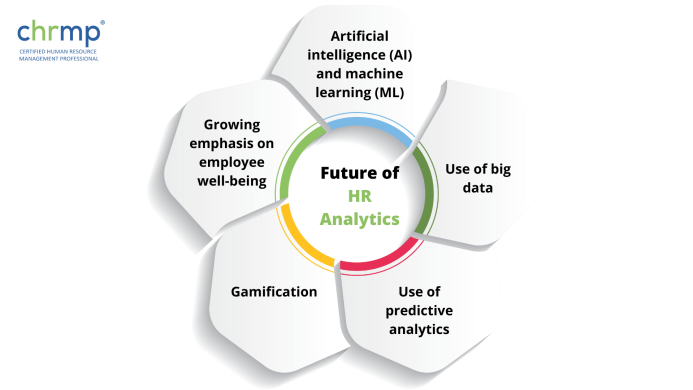
One major trend in the future of HR analytics is the use of artificial intelligence (AI) and machine learning (ML). These technologies have the potential to revolutionize HR analytics by automating repetitive tasks, such as data collection and analysis, and by providing more accurate and sophisticated insights.
For example, AI-powered chat-bots can be used to assist with recruiting by conducting initial screenings of job applicants, and ML algorithms can be used to predict which employees are most likely to leave the company, allowing HR to take proactive steps to retain them.
Another important trend in the future of HR analytics is the increasing use of big data. Companies are collecting more data than ever before, and HR analytics is no exception.
The sheer volume of data being collected can be overwhelming, but advanced analytics tools can be used to make sense of it all. By leveraging big data, companies can gain a more comprehensive understanding of their workforce, including things like employee engagement, turnover, and productivity.
The future of HR analytics also includes the use of predictive analytics. Predictive analytics uses data, statistical algorithms, and machine learning techniques to identify the likelihood of future outcomes based on historical data that can be used in HR to predict employee turnover, recruitment success and performance.
This can be a powerful tool for HR professionals, allowing them to take proactive measures to improve employee retention, reduce turnover, and improve the overall performance of their workforce.
The trend of gamification will also impact the future of HR analytics. Gamification refers to using game design elements in non-game contexts, such as business and HR.
By using gamification techniques, companies can increase employee engagement and motivation in various HR processes such as training, recruitment, and performance management.
For example, companies can use gamified assessments to test job candidates’ skills and qualifications, or create game-like training programs to help employees develop new skills.
Finally, the growing emphasis on employee well-being will shape the future of HR analytics. Companies are becoming increasingly aware of the importance of fostering a positive work-life balance and promoting employee well-being.
As a result, HR analytics will be used to track and measure employee well-being and identify areas where improvements can be made, including monitoring employee stress levels or tracking the number of sick days taken.
In conclusion, the future of HR analytics looks very promising. New technologies, such as AI, ML, big data and predictive analytics, will continue to shape the field, and companies will continue to find new ways to use data to inform and improve their HR strategies.
Q: How can I get into HR analytics?
A: To get into HR analytics, having a background in human resources or a related field is helpful. Additionally, you should have a strong understanding of data analysis and statistical techniques. You may also want to consider earning a degree or certification in HR or data analytics. Networking with professionals in the field, attending industry events, and gaining experience through internships or entry-level positions can also be valuable in building a career in HR analytics.
Q: Which book is considered the beginning of HR analytics?
A: “Workforce Analytics: How to Harness the Potential of Your Organization’s Human Capital” by John Boudreau and Ravin Jesuthasan is considered one of the first HR analytics books. It is one of the best HR analytics books and provides an overview of the field, including the concepts, techniques, and tools used in HR analytics.
Q: What is the salary of an HR analytics specialist?
A: The salary of an HR analytics specialist can vary depending on factors such as location, experience, and level of education. According to Glassdoor, the average salary for an HR analytics specialist in the United States is around $70,000 annually. However, top-level HR analytics professionals can earn over $150,000 or more.
In conclusion, HR analytics constantly evolves and staying updated on the latest trends and best practices is crucial for success.
Reading HR analytics books mentioned in this blog is a great way to gain a deeper understanding of the field and stay ahead of the curve in 2023.
Whether you’re just starting out in HR analytics or a seasoned professional, these HR analytics books provide valuable insights and practical guidance that will help you improve your skills and advance your career. The 5 best HR analytics books list is a great way to start your journey.
Remember to keep an open mind and be willing to try new things, as the field of HR analytics is always changing and growing.
© 2007-2025 CHRMP| All Rights Reserved | Powered by Ripples Learning & Research Private Limited
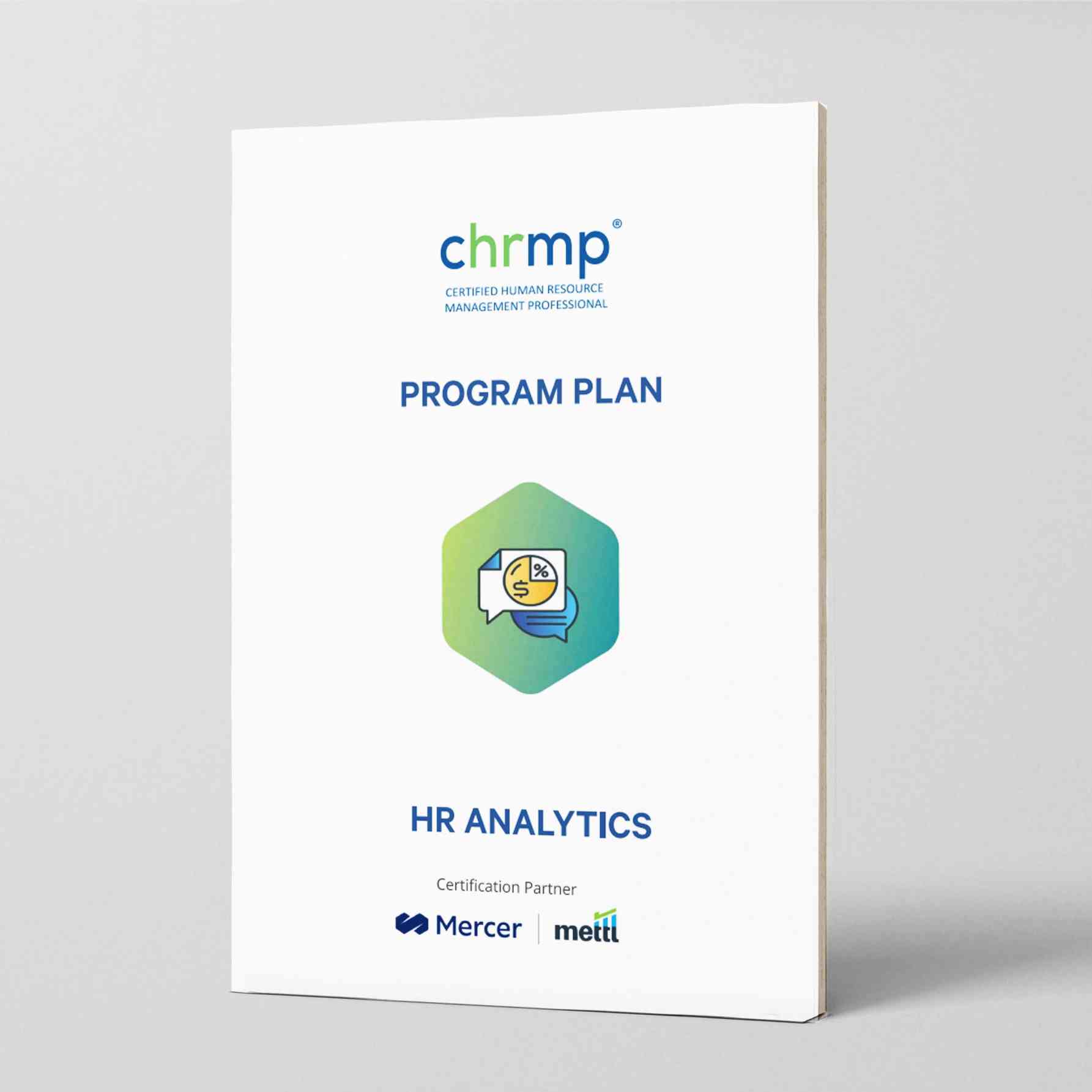
Fill in the below details to get a CHRMP HR Analytics Program Plan.
